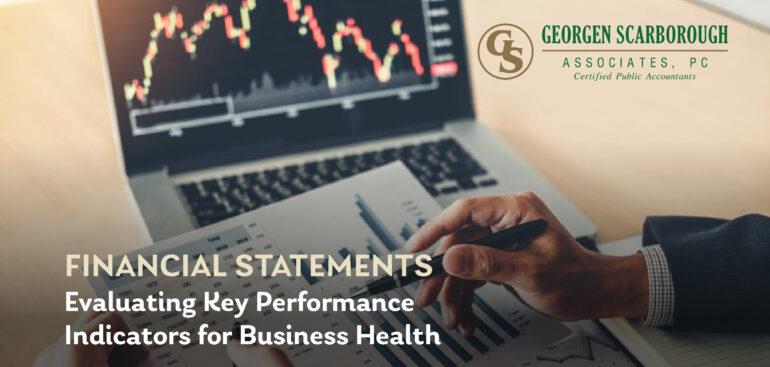Your accountant is going to know every little detail about your finances – a topic that is considered taboo in polite society! How on earth do you choose someone who you need to trust with your short and long-term goals, your legacy, your compliance with tax legislation, your business’s financial performance, and more?
Being in this business has taught us that there are three major skills a great accountant has:
1. CPAs Know the Accounting Basics
This seems too obvious to state, but the accountant must know the basic principles of the profession. A great example is the matching principle. This principle states that the related revenues and expenses must be matched in the same period to link the costs of an asset or revenue to its benefits.
Another is the convention of conservatism, or doctrine of prudence. This is a policy of anticipating possible future losses but not future gains. It states that when choosing between two solutions, the accountant should select the one that will be least likely to overstate assets and income.
2. CPAs Know Tax Regulations Backwards and Forwards
There’s no quicker way for a business to fall on hard times than to run afoul of tax regulations. Tax laws differ from state to state and so it is critical that your accountant is entirely familiar with the tax legislation that is in effect where your business is registered and derives most of its income.
Not only will this keep you out of trouble, but it could also be to your company’s benefit as there may be credits and other advantages of which you are unaware. A good accountant will have a thorough knowledge of the best business practices for your field to ensure tax optimization.
Certified public accountants are as well-versed in tax regulations and loopholes for individuals’ needs.
3. CPAs Provide Customer Service
The old stereotype of an accountant has long ceased to exist in real life. Gone are the days of colorless old men entering numbers into huge books with their sharp pencils. The world of accounting has become exciting and has attracted bright and interesting professionals.
Your accountant needs to interface with the Board of your business and understand the work that you do as well as the people that you are. They also need to understand your goals and the legacy you would like to leave. The financial side of your life should be a joy and not a grudge.
Certified Public Accountants
Discover what superior accounting professionals can do for your business. Contact Georgen Scarborough Associates, PC to help you navigate your personal and business finances.


